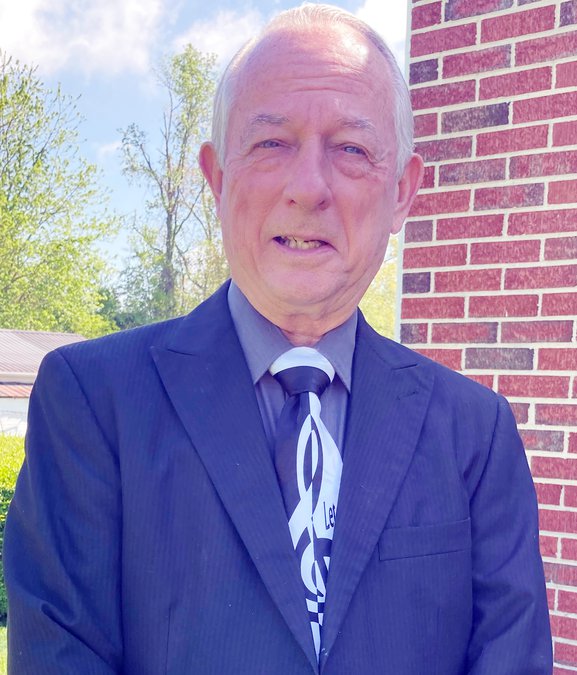On April 10, 1912, a great ship named the Titanic set sail on its maiden voyage with 2,240 passengers and crew aboard. Five days later it struck an iceberg, broke apart, and sank to the bottom of the ocean, taking the lives of over 1,500 passengers and crew. The Titanic was the largest craft of the day and the greatest of the works of mankind. Every science, trade, and profession known to civilization were involved in its construction. Her officers and crew were among the fines6t in the Royal Navy, and the amenities of passenger quarters surpassed many first-class hotels of the day. The ship had airtight compartments which could be closed in thirty seconds with the turning of a lever, making it “unsinkable”. This claim obviously turned out to be a major prediction of futility.
“Words from Above” in the Bible speak about a concept that is a far more serious situation in Mark 8, where Jesus called people to follow after Him. He laid out for them the requirements that in order to do so, it was necessary to “deny themselves, take up their crosses, and then follow Him.” He went on to say, “Whoever will save his life shall lose it, but whoever shall lose his life for My sake and the gospel’s, shall save it. For what shall it profit a man, if he shall gain the whole world, and lose his own soul. Or what shall a man give in exchange for his soul.”
The most futile thing we can do in life, according to Jesus, is to focus on ensuring the salvation of our soul rather than to focus on accumulating material possessions, attaining power and prestige in society, and climbing the ladder of success. In Matthew 6, Jesus urged His disciples to “lay not up treasures on earth, where moth and rust corrupt and where thieves break in and steal.” What He meant by this is that earthly treasures are temporary, and definitely not permanent in nature. On the contrary He advised them to “lay up treasures in heaven, where moth and rust do not corrupt, and where thieves don’t break in and steal.” He concludes with the idea that “where their treasure were, that is where their treasure would be.”
Laying up treasures in heaven is a major part of making preparations for our lives after death. As far as our possessions and other such things are concerned, we will leave behind every single one of them when we pass from this life to the next. But laying up our treasures in heaven involves sending our treasures ahead of us to be claimed when we get there.
Larry R. Steffee is pastor of the Center Hill Brethren In Christ Church on Miller Road in Smithville. Everyone is welcome to attend. For informa-tion, you may email lrsteffeetn@yahoo.com.




